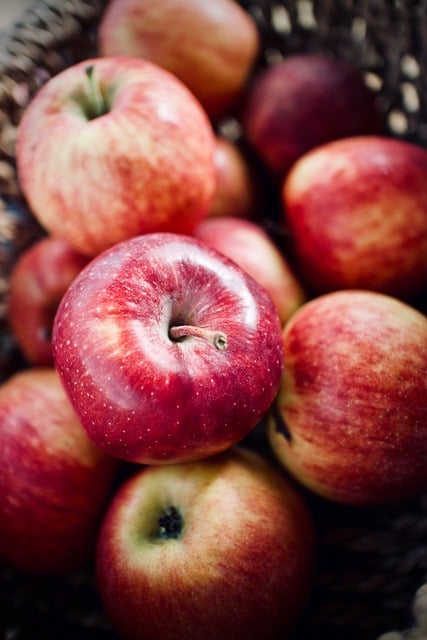Feeding Guidelines for Exotic Pets
Exotic pets, such as birds, reptiles, and small mammals, require a specialized diet that meets their unique nutritional needs. A well-balanced diet is essential to ensure the health and well-being of your exotic pet. In this article, we will provide you with comprehensive feeding guidelines for exotic pets.
Before we dive into the details, it’s essential to note that each species has specific dietary requirements. Researching the specific needs of your pet is crucial to providing a suitable diet. A good starting point is to consult with a veterinarian or experienced breeder who can provide guidance on feeding guidelines for exotic pets.
Feeding Guidelines for Exotic Pets
The key to feeding your exotic pet correctly lies in providing a balanced and varied diet that meets their nutritional needs. Here are some general guidelines:
- Dietary Requirements: Different species have different dietary requirements. For example, carnivores require high amounts of protein, while herbivores require high amounts of fiber.
- Feeding Frequency: The frequency of feeding depends on the species and age of the pet. Some pets, such as birds, may require multiple small meals throughout the day, while others, such as reptiles, may require a single meal per day.
- Food Types: A variety of food types should be provided to ensure a balanced diet. For example, a mix of vegetables, fruits, and proteins can provide essential nutrients.
- Supplements: Some species may require supplements to ensure they receive all the necessary nutrients. Consult with a veterinarian or experienced breeder before adding any supplements to your pet’s diet.
Here are some specific dietary requirements for popular exotic pets:
- Birds: Birds require a high-protein diet that includes a mix of seeds, fruits, and vegetables. A calcium supplement is essential for strong beak growth.
- Reptiles: Reptiles require a diet rich in protein and fat from animal sources such as insects or meat. A variety of vegetables can provide essential vitamins and minerals.
- Small Mammals: Small mammals, such as ferrets and rabbits, require a high-fiber diet that includes plenty of fresh vegetables and fruits.
Special Dietary Needs
Some exotic pets have special dietary needs that require careful consideration. For example:
- Food Allergies: Some pets may develop food allergies, which can be life-threatening if left untreated. Consult with a veterinarian to identify potential allergens and provide alternative diets.
- Dietary Restrictions: Some species have dietary restrictions that require careful consideration. For example, some birds may require a diet low in salt or sugar.

